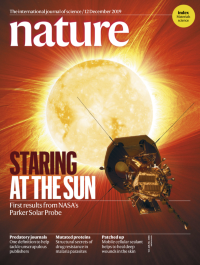Transformative Agreements (TA), Read and Publish, or Publish and Read, is a negotiated license between a publisher and an institution that may require payment for publishing (not submission fees) in order to make the work freely and openly available to read. Typically, open access publishing and any accompanying fees are optional. There are many publishers who also publish works openly without payment from the authors. The College of Staten Island does not have any type of Transformative Agreements with publishers at this time. For further information on scholarly publishing, please consult our scholarly communication guide.
Open Access is aimed at addressing the question of access to research and scholarship within the context of scholarly publishing. It does not address licensing and copyright questions.
Open Educational Resources addresses the question of rights (the 5 Rs) as they pertain to a given work (digital, print, multimedia) and applies to teaching and education materials rather than scholarly publications.
There can be overlap between the two categories. For examples, some Open Access journals use open licensing. Both also belong to the larger community of open.
Open Access is a dynamic and evolving field. These are commonly used terms. These and other terms can be found at the Glossary of open access terms published by the Imperial College of London.
Immediate access, no fees for authors or readers. Non-commercial, nonprofit publishing. Learn more at the International Association of Advanced Materials (IAAM).
Immediate access. Authors pay APCs (see below).
Preprint articles can be archived in institutional repositories, perhaps after an embargo period.
Fees levied by the publisher to the author. See also A note about Transformative Agreements
A period of time during which the article is only accessible to paid subscribers.
Preprint articles are typically the final draft of an article before it undergoes peer and editorial review.
No. Deceptive publishing predates OA, but the OA model created an opportunity for unethical publishers to engage in predatory publishing.
Predatory publishing seeks only to generate profit without regard for the harm it has on scholarly discourse.
Predatory publishing exists within the wider world of unethical publishing. Other forms include:
Berger, M., & Cirasella, J. (2015). Beyond Beall's list. College & Research Libraries News 76,(3), 132-45.
Swauger, S. (2017). Open access, power, and privilege. Retrieved from https://crln.acrl.org/index.php/crlnews/article/view/16837/18435
 Predatory journals: no definition, no defence
by
Agnes Grudniewicz et al.
Predatory journals: no definition, no defence
by
Agnes Grudniewicz et al.

LinkedIn Facebook Instagram